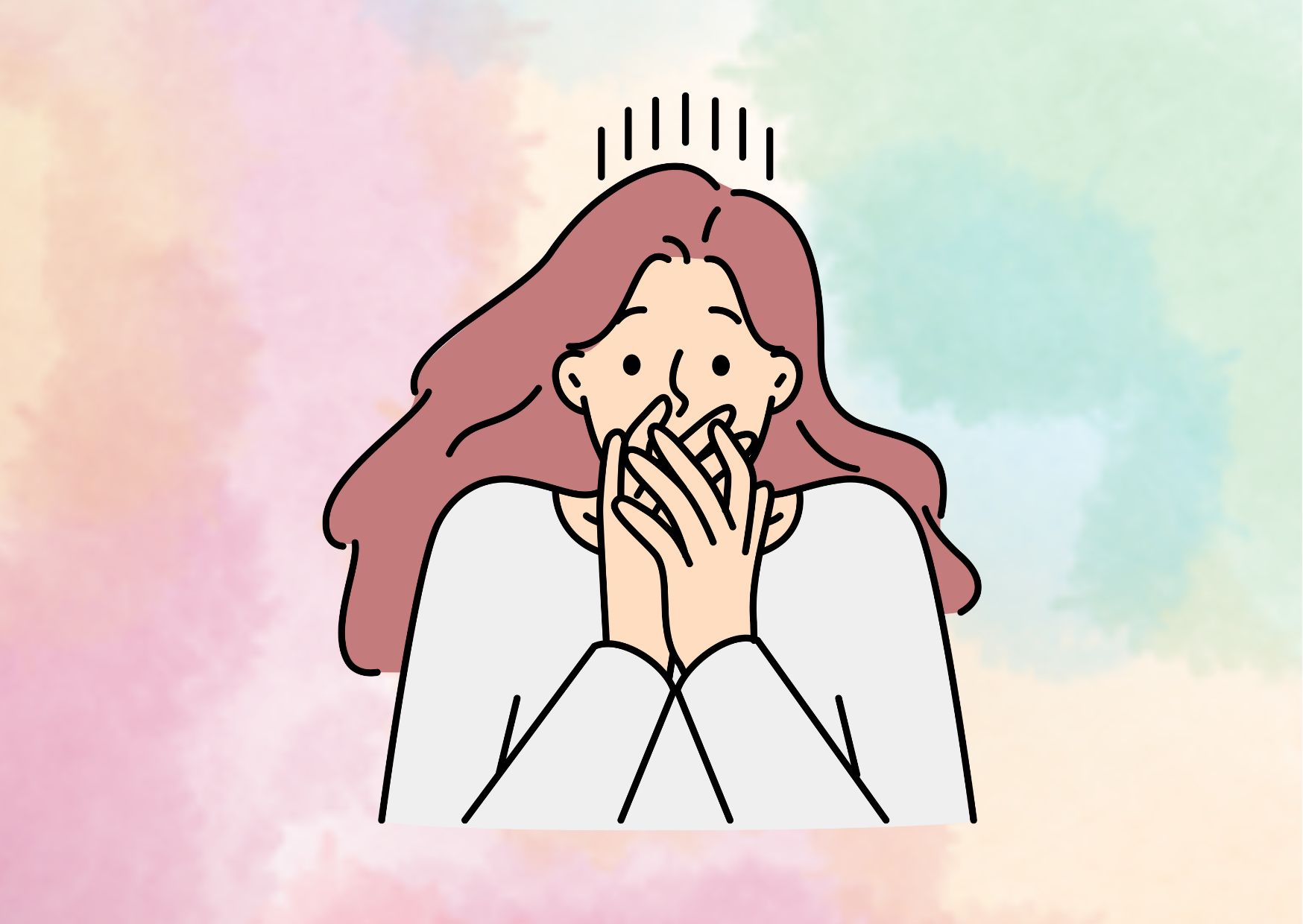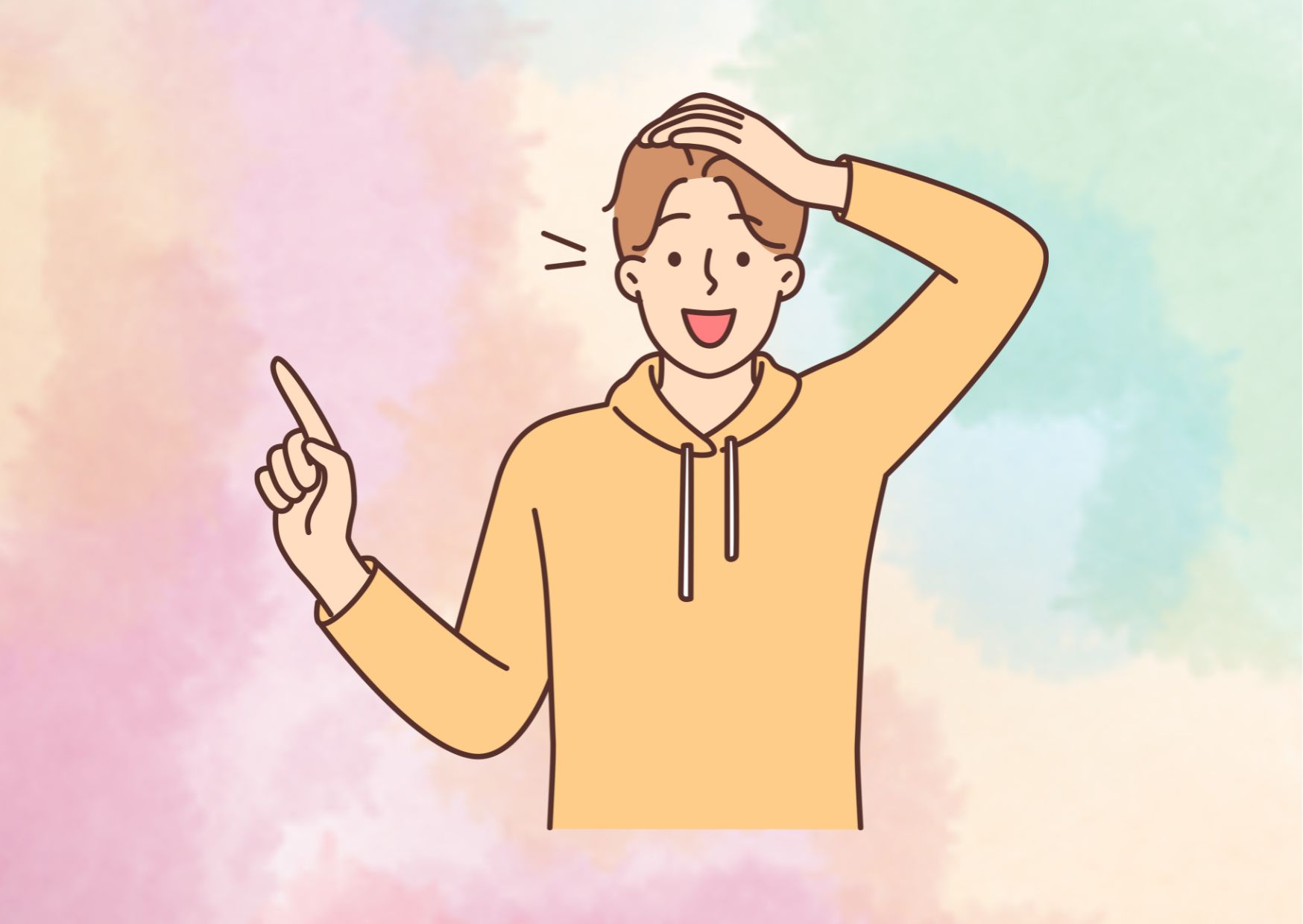Unraveling the Mystery of a Freudian Slip: More Than Just a Misstep
Have you ever caught yourself uttering something completely unintended, seemingly slipping from your subconscious mind? Freudian slips, named after Sigmund Freud’s groundbreaking theories, are those peculiar verbal mistakes that reveal our repressed thoughts or desires. From hilarious gaffes to embarrassing blunders, these linguistic lapses offer a fascinating glimpse into the complex workings of the unconscious brain.
This article delves into the intriguing phenomenon of Freudian slips, exploring their historical background, types, psychological causes, and alternative explanations. We’ll examine famous real-life examples that have captured public attention and discuss the significance of interpreting these slips. Additionally, we’ll provide insights into avoiding these unintended utterances in various contexts.
What are Freudian Slips?
Freudian slips, also known as parapraxes, are verbal or memory errors that are believed to reveal unconscious thoughts, feelings, or desires. The term was coined by Sigmund Freud, the founder of psychoanalysis, who described them in his 1901 book “The Psychopathology of Everyday Life.”
Freud’s Theory
Freud believed that these slips of the tongue or pen were not mere accidents but rather the result of a “disturbing influence of something outside of the intended speech.” He proposed that Freudian slips serve as “windows into the subconscious,” allowing repressed secrets, desires, and impulses to be revealed unintentionally.
According to Freud’s theory, Freudian slips occur when deeply repressed desires or thoughts, often of a sexual or aggressive nature, temporarily break through the individual’s conscious defenses and manifest in their speech or actions.
Types of Freudian Slips
There are different types of Freudian slips, including:
- Slips related to repression: These occur when a person accidentally reveals a thought or feeling that they have been actively suppressing or repressing.
- Mental errors: These involve mistakes in memory, perception, or reasoning that may reveal underlying unconscious processes.
- Avoidance slips: These occur when a person inadvertently avoids saying or doing something due to an unconscious motive or conflict.
Causes and Explanations
While Freud believed that Freudian slips were caused by the interference of unconscious thoughts or desires, modern psychologists and linguists have proposed alternative explanations:
- Thought suppression: Attempting to suppress or avoid certain thoughts can paradoxically increase their accessibility and likelihood of being expressed unintentionally.
- Language processing issues: Slips may result from cognitive processes involved in speech production, such as selecting the wrong word due to similarity or interference from other words.
- Distraction or fatigue: Factors like lack of attention, stress, or sleep deprivation can increase the likelihood of making verbal or memory mistakes.
- Power of suggestion: In some cases, the expectation or suggestion that a Freudian slip might occur can increase the chances of it happening.
While the concept of Freudian slips is widely recognized, there is limited scientific evidence to support Freud’s psychoanalytic interpretation that they directly reveal unconscious desires or impulses. Many slips are likely the result of more basic cognitive processes or external factors rather than repressed thoughts or wishes.
Historical Background
The term ‘Freudian slip’ is named after the pioneering psychoanalyst Sigmund Freud, who described and analyzed these types of errors in his seminal 1901 book ‘The Psychopathology of Everyday Life’. In German, Freud referred to these slips as ‘Fehlleistungen’, which translates to ‘faulty functions’, ‘faulty actions’, or ‘misperformances’. The term ‘parapraxis’ was coined by his English translator to represent the same concept.
Freud’s Interpretation
Freud saw these slips as evidence of unconscious mental processes in healthy individuals, and he used them as a tool in his process of psychoanalysis, similar to how he used dream interpretation. He believed that these verbal lapses provided insight into the repressed desires, thoughts, and conflicts that existed in the unconscious mind.
The basis for Freud’s idea can be traced back to his work with a young man who misquoted a Latin phrase, omitting a word. Through his analysis, Freud determined that the dropped word was linked to a repressed memory of a pregnancy scare the young man had experienced.
| Concept | Explanation |
| Fehlleistungen | The German term used by Freud to describe ‘faulty functions’ or ‘misperformances’ |
| Parapraxis | The term coined by Freud’s English translator to represent the same concept |
| Psychoanalysis | Freud’s therapeutic technique that aimed to uncover repressed thoughts and desires |
This incident led Freud to conclude that such slips of the tongue were not mere accidents but rather revelations of the unconscious mind, providing a window into the individual’s repressed thoughts and desires.
Types of Freudian Slips
According to the provided key points, there are three main types of Freudian slips:
- Repression Slips
These slips occur when repressed memories, experiences, or traumatic events inadvertently make their way into conscious awareness through verbal or memory lapses. For example, forgetting the name of someone associated with a repressed traumatic experience.
- Mental Error Slips
These slips are caused by factors such as distraction, forgetfulness, or a lack of clear thinking. They can manifest as spoken distortions or speech blunders, where the wrong word or phrase is unintentionally used. Mental error slips are not necessarily linked to repressed thoughts or desires.
- Avoidance Slips
These slips reveal things that the person is intentionally trying to avoid or suppress. They may occur when an individual inadvertently mentions or references a topic or situation they are actively trying to evade or ignore.
| Type of Slip | Description |
| Repression Slips | Reveal repressed memories or experiences |
| Mental Error Slips | Due to distraction, forgetfulness, or lack of clear thinking |
| Avoidance Slips | Reveal things the person is intentionally trying to avoid |
It’s worth noting that within these broad categories, Freudian slips can manifest in various forms, such as:
- Forgetfulness linked to repression – forgetting names or details due to suppressed memories or trauma.
- Forgetfulness linked to desire – forgetting things to create opportunities to interact with someone the individual is attracted to.
- Spoken distortions or speech blunders – using the wrong word unintentionally.
Causes and Psychological Explanations
Freud’s Psychoanalytic Theory
According to Sigmund Freud’s psychoanalytic theory, Freudian slips are believed to represent suppressed or repressed thoughts, feelings, or desires that unintentionally come out through verbal or written communication. Freud proposed that these slips serve as “windows into the subconscious,” allowing repressed secrets, desires, and impulses to be revealed inadvertently.
The psychodynamic perspective views behavior as entirely caused by unconscious forces over which individuals have no control. From this lens, Freudian slips are seen as revealing what is truly on one’s mind, even if the person does not intend to express it consciously.
Thought Suppression
One of the primary causes of Freudian slips, according to Freud’s theory, is thought suppression. When individuals actively try to suppress or repress certain thoughts, memories, or desires, the harder they attempt to do so, the more likely those repressed elements are to slip out unintentionally.
This paradoxical effect occurs because the act of suppressing a thought can inadvertently increase its accessibility and prominence in the unconscious mind, leading to its eventual manifestation through a Freudian slip.
Suggestion for read: Unveiling the INTJ Personality

